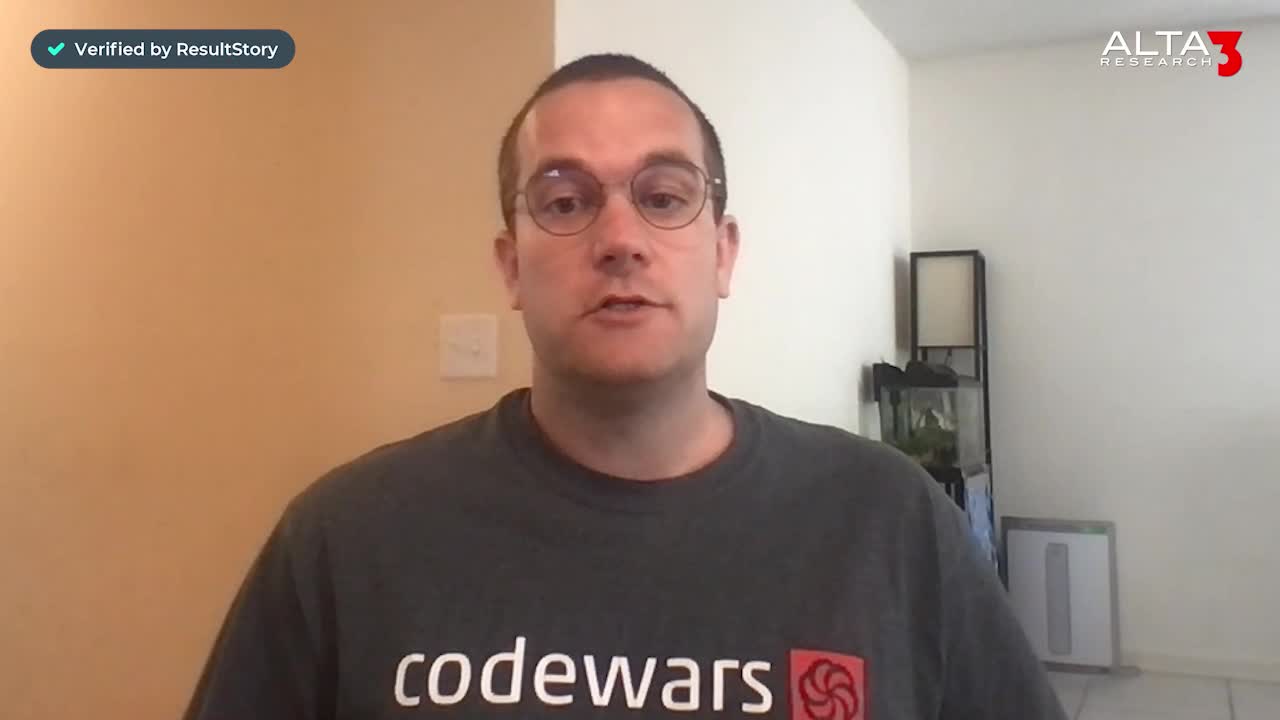ITIL MALC Managing Across the Lifecycle with Certification Exam
Advance your career with the ITIL Managing Across the Lifecycle course designed for CIOs, IT managers, and professionals seeking ITIL Expert certification, culminating in a comprehensive understanding of ITIL practices and strategies.

Essential Skills Gained

Understand interactions within the ITIL Service Lifecycle.

Design and implement communication strategies across ITIL phases.

Integrate and manage lifecycle processes effectively.

Measure and improve service management capabilities.
Format
- Instructor-led
- 5 days with lectures and hands-on labs.
Audience
- CIOs
- Senior IT Managers
- IT Professionals
- Supervisors
Description
Managing Across the Lifecycle (MALC) course completes the ITIL Capability and Lifecycle qualification programs, and is a required course for the ITIL Expert designation. This course brings together the full meaning of a Lifecycle approach to Service Management. The focus is on the strategy, planning, and measuring ITIL practices. Understanding and interacting with the lifecycle phase/process/function interactions and interdependencies are crucial to the successful completion of MALC. It is also expected the candidate can apply the high-level concepts of project management and application design, though these concepts are not directly taught during this course. This course is required for the ITIL Expert certification; successful completion of the course and exam will award the ITIL Expert certificate and pin. The next step within the ITIL schema is the ITIL Master.
Upcoming Course Dates
No upcoming dates. Please check back later.
Course Outline
Download PDFLearning unit MALC01: Key concepts of the service lifecycle
Managing services and service management
The service lifecycle
Service value across the different stages of the service lifecycle
Other key concepts.
Learning unit MALC02: Communication and stakeholder management
Co-ordination of business relationship management across the service lifecycle, and the role of business relationship management in communication
Stakeholder management and communication
The value of good communication and ensuring its flow across the service lifecycle.
Learning unit MALC03: Integrating service management processes across the service lifecycle
The integration of service management processes through the service lifecycle
The impact of service strategy on other service lifecycle stages
The value of a service lifecycle perspective when designing service solutions
The inputs and outputs of processes and stages in the service lifecycle
The value to business and the interfaces of all processes in the ITIL service lifecycle.
Learning unit MALC04: Managing services across the service lifecycle
Identification and assessment of customer and stakeholder needs and requirements across all service lifecycle stages, and ensuring appropriate priority is given to them
How the service design package provides a link between service design, service transition and service operation
Managing cross-lifecycle processes to ensure appropriate impact and involvement at all required service lifecycle stages
Implementing and improving services, using key sources of information for identifying the need for improvement
The challenges, critical success factors and risks of the service lifecycle stages, and potential conflicts and competing issues across the service lifecycle.
Learning unit MALC05: Governance and organization
Governance
Organizational structure, skills and competence
Service provider types and service strategies.
Learning unit MALC06: Measurement
Measuring and demonstrating business value
Determining and using metrics
Design and development of measurement frameworks and methods
Monitoring and control systems
Use of event management tools to increase visibility of the infrastructure and IT service delivery.
Learning unit MALC07: Implementing and improving service management capability
Implementing service management
Assessing service management
Improving service management
Key considerations for the implementation and improvement of both the service management practice and the services themselves
Key considerations when planning and implementing service management technologies.
Your Team has Unique Training Needs.
Your team deserves training as unique as they are.
Let us tailor the course to your needs at no extra cost.
See What Other Engineers Are Saying
Trusted by Engineers at:
and more...

Aaron Steele

Casey Pense

Chris Tsantiris

Javier Martin

Justin Gilley

Kathy Le

Kelson Smith

Oussama Azzam

Pascal Rodmacq

Randall Granier

Aaron Steele

Casey Pense

Chris Tsantiris

Javier Martin

Justin Gilley

Kathy Le

Kelson Smith

Oussama Azzam

Pascal Rodmacq

Randall Granier